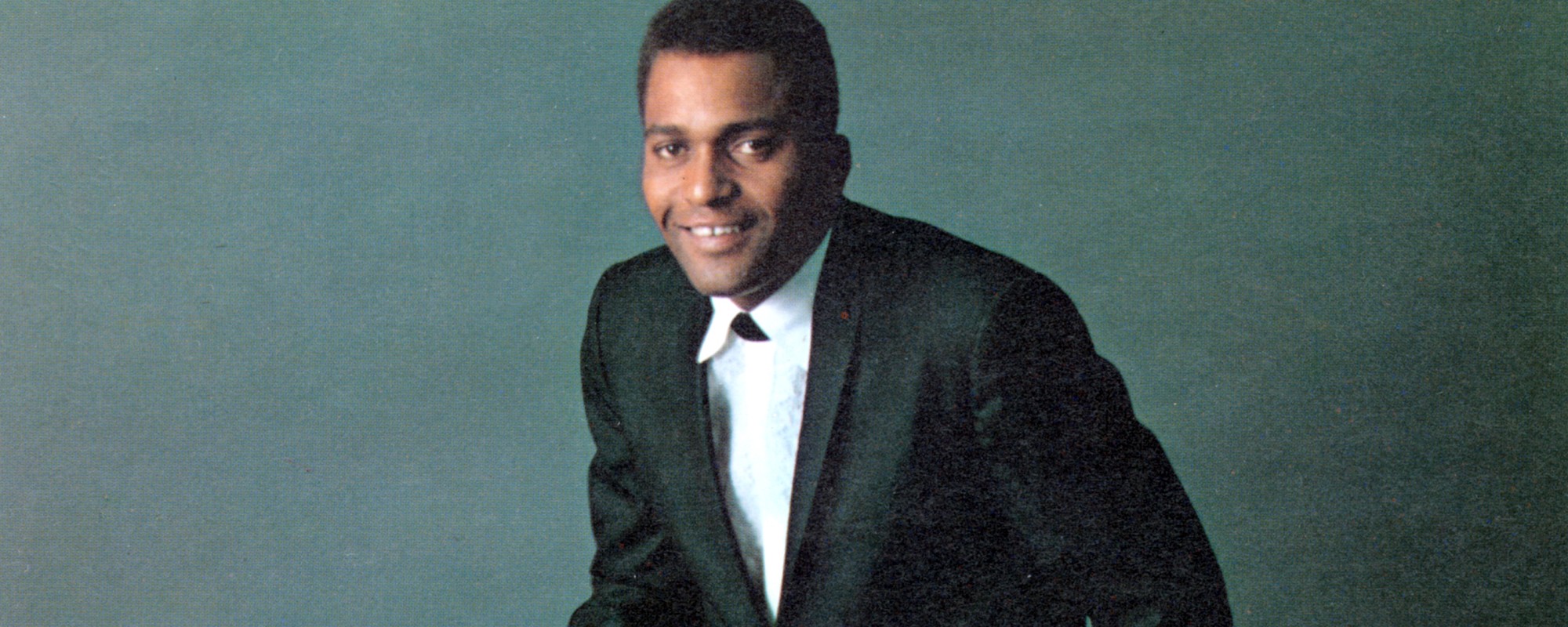Clem Burke provided the beats that underpinned the new wave, punk, and disco hits of Blondie. Though the band is most known for its iconic singer, Debbie Harry, Burke’s drumming style was crucial to Blondie’s sound and commercial success.
Videos by American Songwriter
The band pioneered the transition of post-punk to new wave and helped launch a new musical movement using elements of early rock and roll. But it almost didn’t happen, and Harry credits Burke for saving Blondie when she and guitarist Chris Stein contemplated giving up in 1974. She told the Chicago Tribune that “Clem showed up, and he was a real star. He could play, and you could tell that it was his life. He was that kid, that rock ’n’ roll kid. Then we sort of knuckled down and put it together.”
Clem Burke died on April 6, 2025, at age 70. The songs below highlight his legacy and why the band called him “the heartbeat of Blondie.”
“One Way Or Another” from ‘Parallel Lines’ (1978)
“One Way Or Another” combines the frenetic energy of Keith Moon with Ringo Starr’s mop-top energy in a masterclass of stiff-armed new wave drumming. While many 1970s rock bands opted for volume and power, this dance groove drives Debbie Harry’s tale about a stalking ex. “Call Me” remains Blondie’s best-known song, but the use of studio musicians on the track obscures the band’s raw sound. Listen to it back-to-back with “One Way Or Another” to hear the difference.
“Heart Of Glass” from ‘Parallel Lines’ (1978)
The disco beat on “Heart Of Glass” created a blueprint for future generations of dance-rock bands like The Killers and Franz Ferdinand. Check out how Clem Burke plays the hi-hats—crucial for any drummer wanting to learn how to properly swing a rock band. You can also hear the influence of Kraftwerk in the track’s swelling synthesizers and angular melodies.
“Denis” from ‘Plastic Letters’ (1978)
The Ramones weren’t the only CBGB band borrowing earworms from 1960s pop groups. “Denis” is a cover of Randy & the Rainbows’ 1963 doo-wop hit and helped break Blondie in the U.K. The mixture of punk and pop foreshadowed an emerging sub-genre that later spawned No Doubt and Green Day. Clem Burke excelled at taking cues from Phil Spector’s productions and using them to soften the hard edges of punk rock.
“X Offender” from ‘Blondie’ (1976)
Blondie’s first single didn’t chart, but it led to a new record deal with Chrysalis. Still, the potential of this groundbreaking band is heard all over the self-titled debut. Clem Burke punctuates “X Offender” with anxious drum fills and dramatic scene changes that modernized the mid-century girl group sound.
Photo by Brian Cooke/Redferns













Leave a Reply
Only members can comment. Become a member. Already a member? Log in.